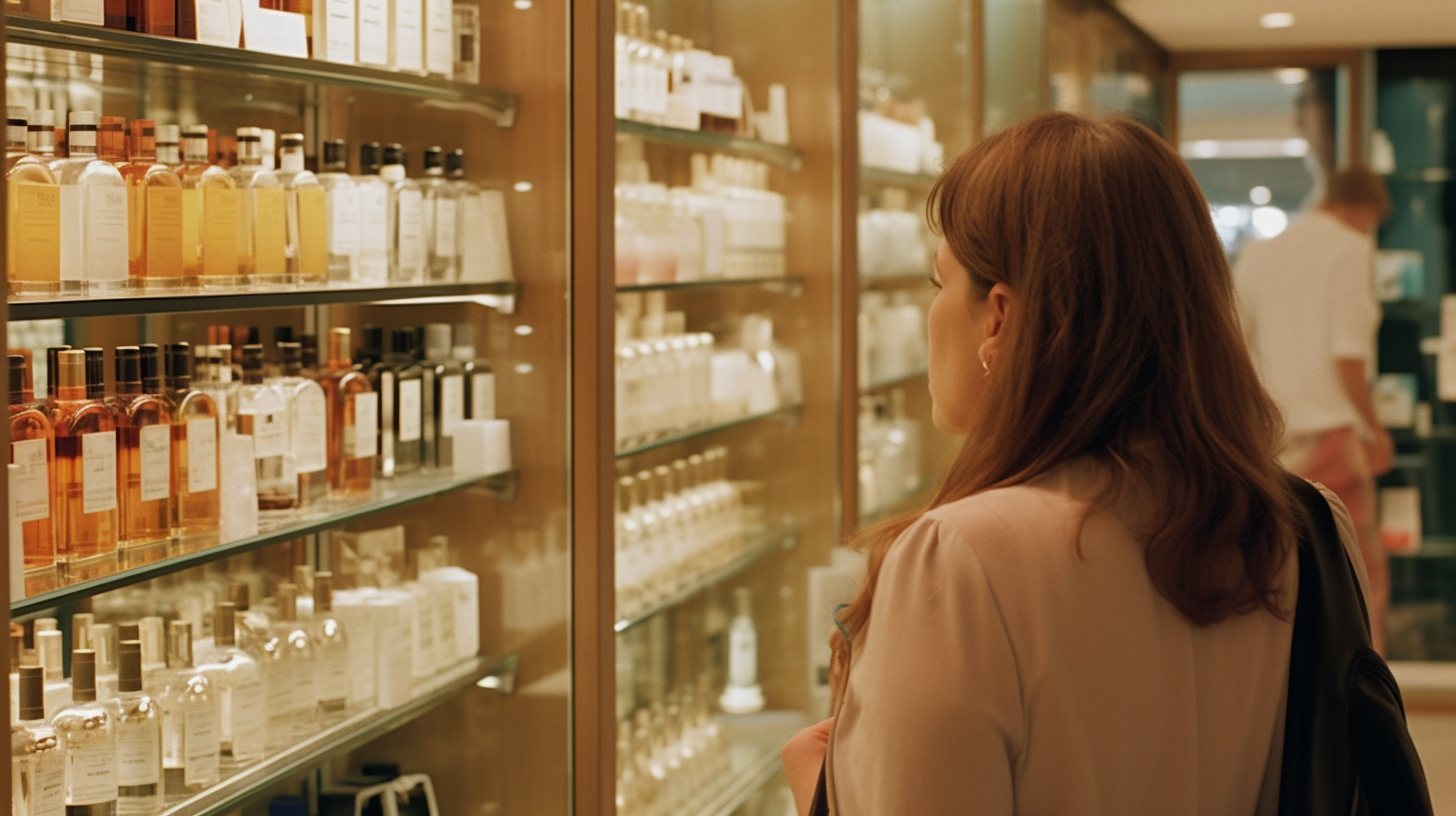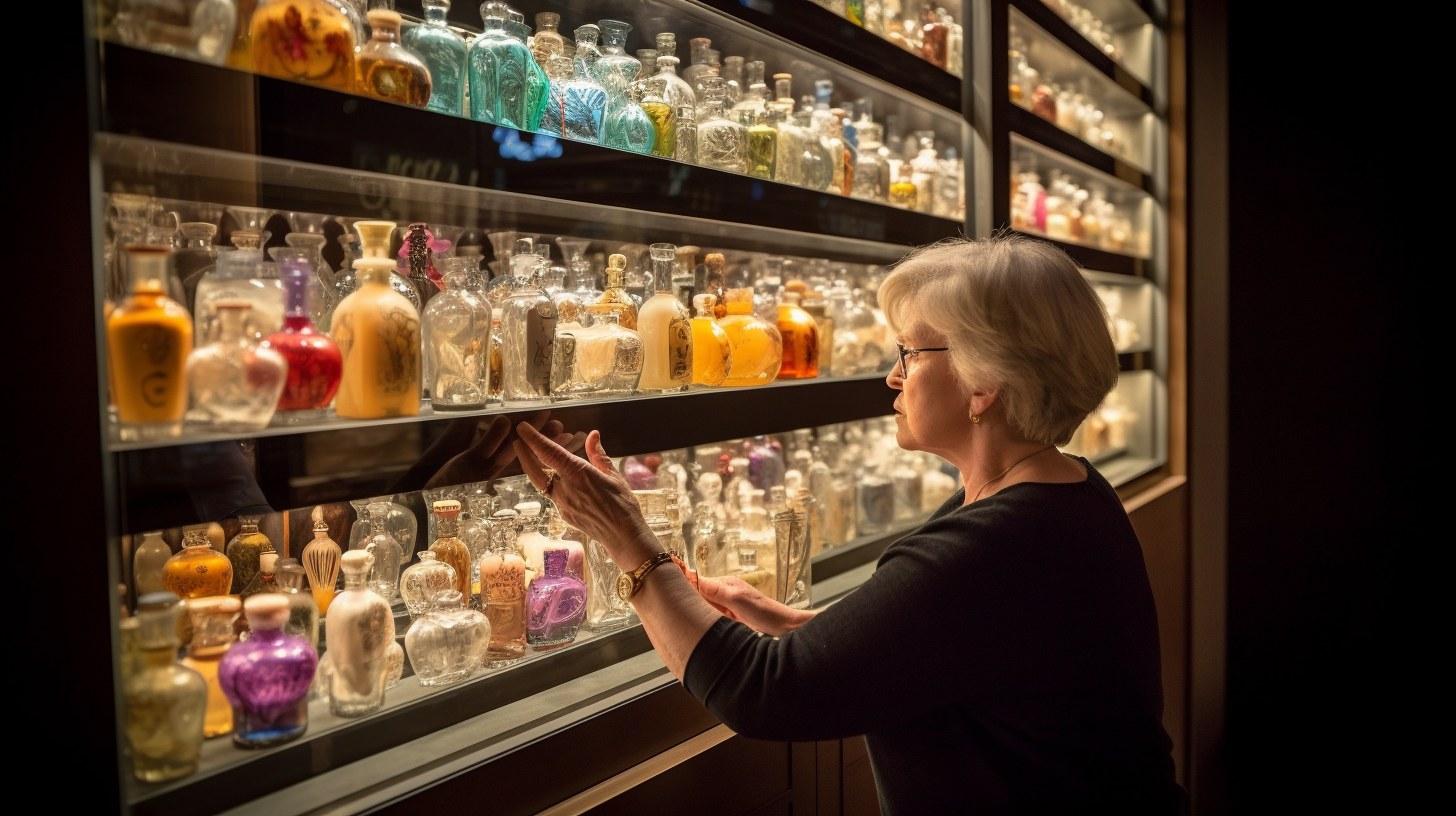Common Fragrance Myths: Debunking Misconceptions about Scents
Welcome to our blog post on Common Fragrance Myths: Debunking Misconceptions about Scents. Fragrances have been a part of human culture for centuries, captivating our senses and evoking emotions. However, along with the popularity of fragrances, several myths and misconceptions have emerged. In this article, we will address some common fragrance myths and debunk them with accurate information and scientific research.
Myth 1: Expensive fragrances are always better
One common misconception is that the price tag determines the quality of a fragrance. While it’s true that luxury brands often invest in high-quality ingredients and intricate formulations, it doesn’t mean that affordable options are inferior.
Many factors influence the cost of a fragrance, such as branding, packaging, marketing, and distribution expenses. It’s essential to focus on personal preference rather than solely relying on the price. What matters most is finding a scent that resonates with you and enhances your confidence and mood.
Myth 2: Fragrances should be applied to clothing
Another prevalent myth is that fragrances should be sprayed directly onto clothing for a longer-lasting effect. However, this can lead to staining or altering the fabric’s color over time.
The ideal way to apply fragrances is by spraying them onto pulse points on your body, such as your wrists, neck, or behind your ears. These areas generate heat, intensifying the scent and allowing it to last longer throughout the day.
Myth 3: Rubbing wrists together after applying fragrance helps it last longer
You may have seen people rubbing their wrists together after applying perfume, thinking it helps the fragrance last longer. However, this action does more harm than good.
Rubbing your wrists together actually generates friction and heat, which can alter the top notes of the fragrance and cause it to evaporate more quickly. Instead, let the fragrance dry naturally on your skin to preserve its intended scent and longevity.
Myth 4: Fragrances should only be worn on special occasions
Some individuals believe that fragrances should be reserved for special occasions or evenings out. However, fragrances can be enjoyed every day, regardless of the occasion.
A well-chosen fragrance can enhance your mood, boost your confidence, and leave a lasting impression. It’s a personal expression of your style and individuality. So, don’t hesitate to incorporate fragrance into your daily routine and enjoy its benefits throughout the day.
Myth 5: Fragrance preferences are universal
There is a misconception that certain fragrances are universally appealing or repelling. However, fragrance preferences are highly subjective and vary from person to person.
Our olfactory system is unique, and what may smell pleasant to one person might not have the same effect on another. Factors such as body chemistry, cultural background, memories, and personal experiences shape our fragrance preferences. Embrace your individual tastes and explore different scents to find what resonates with you personally.
Myth 6: Fragrances can be stored indefinitely
Contrary to popular belief, fragrances do have a shelf life. Over time, exposure to light, heat, and air can alter the composition of the fragrance, leading to changes in scent or reduced longevity.
To ensure your fragrances remain fresh and retain their original quality, it’s best to store them in a cool, dark place away from direct sunlight and extreme temperatures. Additionally, sealing the bottle tightly after each use helps minimize air exposure and maintain the fragrance’s integrity.
Myth 7: Fragrances with natural ingredients are always better
While natural ingredients can offer unique and beautiful scents, it doesn’t mean they are always superior to synthetic alternatives. Both natural and synthetic ingredients have their merits.
Synthetic ingredients allow perfumers to create complex and innovative fragrances that may not be possible with solely natural ingredients. Additionally, synthetic ingredients often undergo rigorous safety testing to ensure they meet industry standards.
It’s important to remember that the quality of a fragrance is not solely determined by its source but by the skill and creativity of the perfumer behind it.
Conclusion
By debunking these common fragrance myths, we hope to provide you with accurate information and empower you to make informed decisions about your fragrance choices. Remember, the price of a fragrance doesn’t always reflect its quality, apply fragrances to your skin rather than clothing, avoid rubbing wrists together after application, and feel free to enjoy fragrances every day. Your fragrance preferences are unique to you, and proper storage is essential for maintaining their integrity. Lastly, embrace both natural and synthetic fragrances for their individual merits.
Now that you’re armed with accurate knowledge about fragrance myths, go ahead and explore the world of scents confidently!




